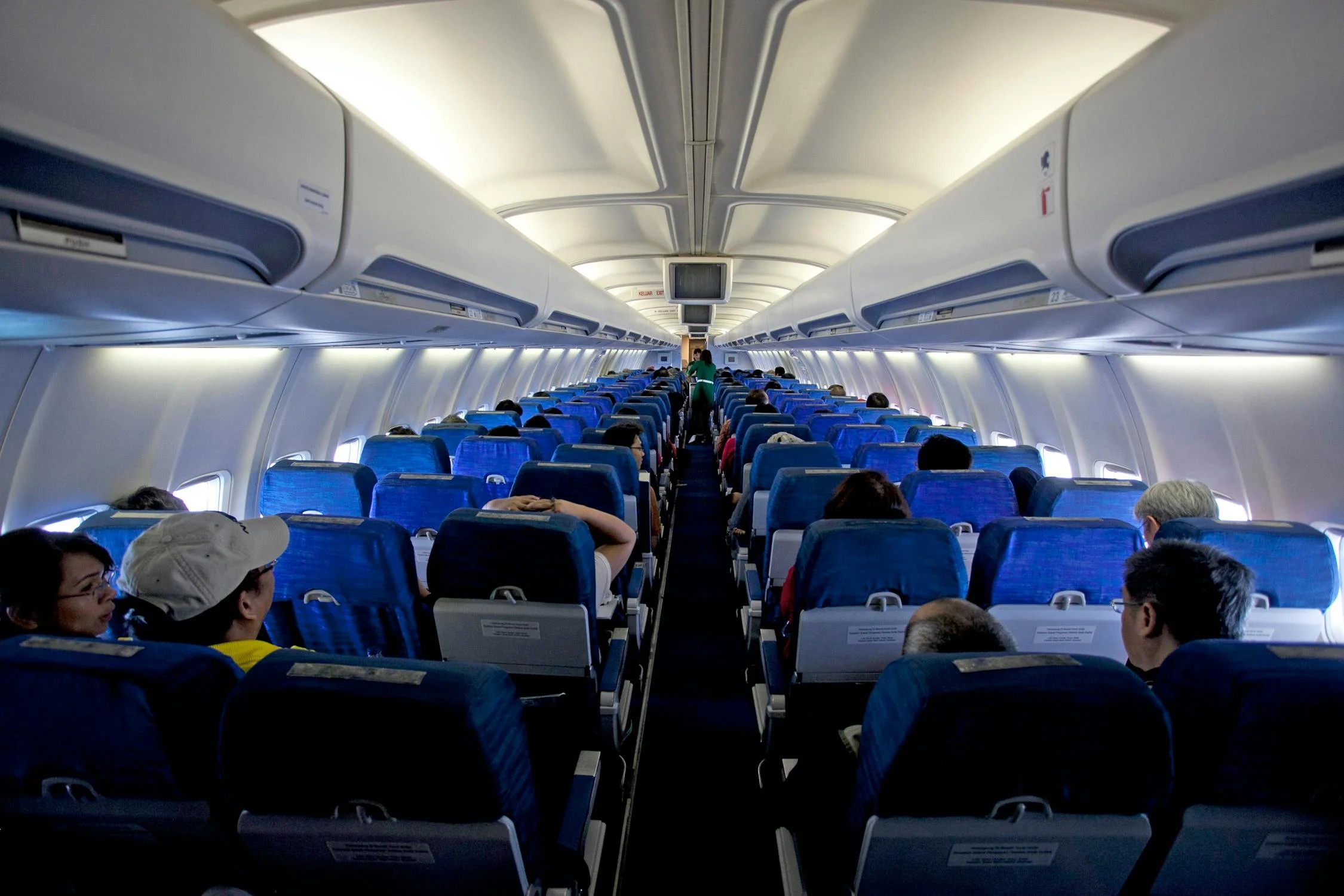Preparing for Your First Flight: Essential Tips for a Smooth Journey
Flying for the first time can be an exciting yet overwhelming experience. From navigating the airport to understanding the rules of air travel, there are many things to consider. If you’re planning your first flight, here are some key tips to help you feel more confident and avoid common mistakes.
Arrive at the Airport Early (But Not Too Early)
One of the most important things to remember is to arrive at the airport with enough time to spare. For domestic flights, it’s generally recommended to arrive about two hours before your scheduled departure. This allows ample time to check in, go through security, and reach your gate without stress. However, arriving too early—like four hours or more—can lead to long waits, especially if the airport’s restaurants and shops aren’t open yet.
Download Your Airline’s App
Before your trip, make sure to download your airline’s official app. These apps offer a range of useful features, including check-in, boarding pass storage, baggage tracking, and real-time updates on gate changes or delays. Using the app can save you from the stress of rushing through the airport if something changes last minute.
Keep Essentials Close
It’s a good idea to keep your most important items easily accessible. Pack your ID or passport, phone, boarding pass, wallet, medications, chargers, and headphones in a small bag that fits under the seat. Airlines refer to this as a personal item, and having quick access to these during security, boarding, and the flight itself can make a big difference.
Understand TSA Security Rules
The Transportation Security Administration (TSA) has specific rules for security checkpoints. Laptops and liquids (in containers of 3.4 ounces or smaller, all placed in one clear zip-top bag) must be removed from your bag and placed in a separate bin. If you’re unsure about the process, reviewing the official TSA security screening guidelines can provide clarity and help you avoid unnecessary delays.
Know How Boarding Works
Most airlines board passengers by group or zone, which is typically listed on your boarding pass. There’s no need to rush to line up early unless your group has been called. Waiting until it’s your turn and having your boarding pass ready will make the process smoother and less stressful.
Don’t Overpack Your Carry-On
Carry-on bags have size restrictions, and overhead bin space is limited. If your bag is too large or the flight is full, you might have to gate-check it, meaning it will be stored under the plane and picked up at baggage claim. To avoid this, pack only what you need and ensure your carry-on meets the airline’s size requirements.
Bring Comfort Items for Your Flight
Even short flights can feel long if you’re not prepared. Consider bringing noise-canceling headphones, a neck pillow, snacks, gum (to help with ear pressure), a refillable water bottle, and a book or downloaded show. Airplanes can also get chilly, so packing a light sweater or scarf is a good idea.
Don’t Hesitate to Ask for Help
Airport staff, TSA agents, and flight attendants are experienced in assisting first-time flyers. If you’re confused, lost, or unsure about anything, don’t hesitate to ask for help. It’s always better to seek assistance than to guess incorrectly and risk missing your flight.
By following these tips, you can make your first flight experience more enjoyable and stress-free. With a little preparation and confidence, you’ll be well on your way to becoming a seasoned traveler.



